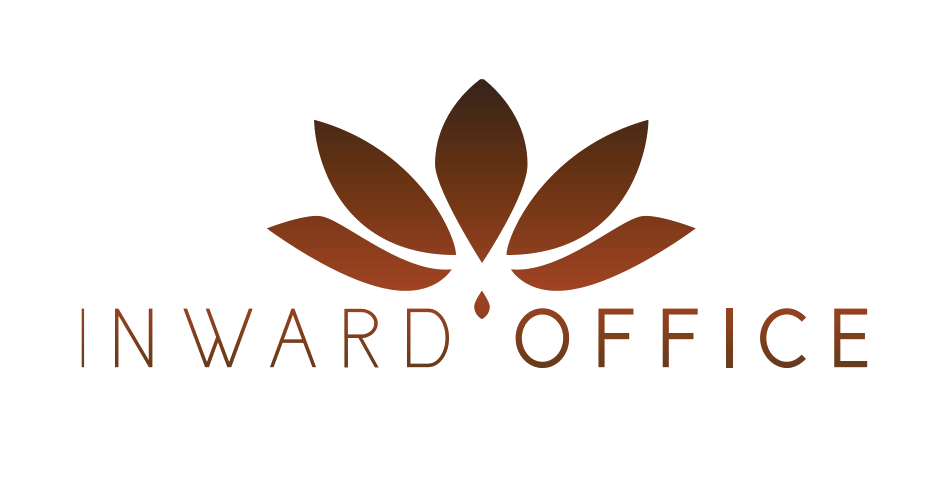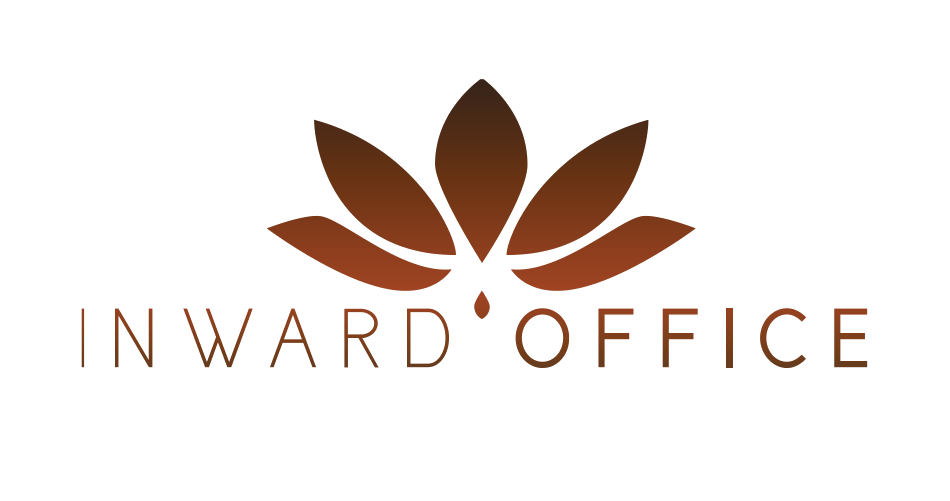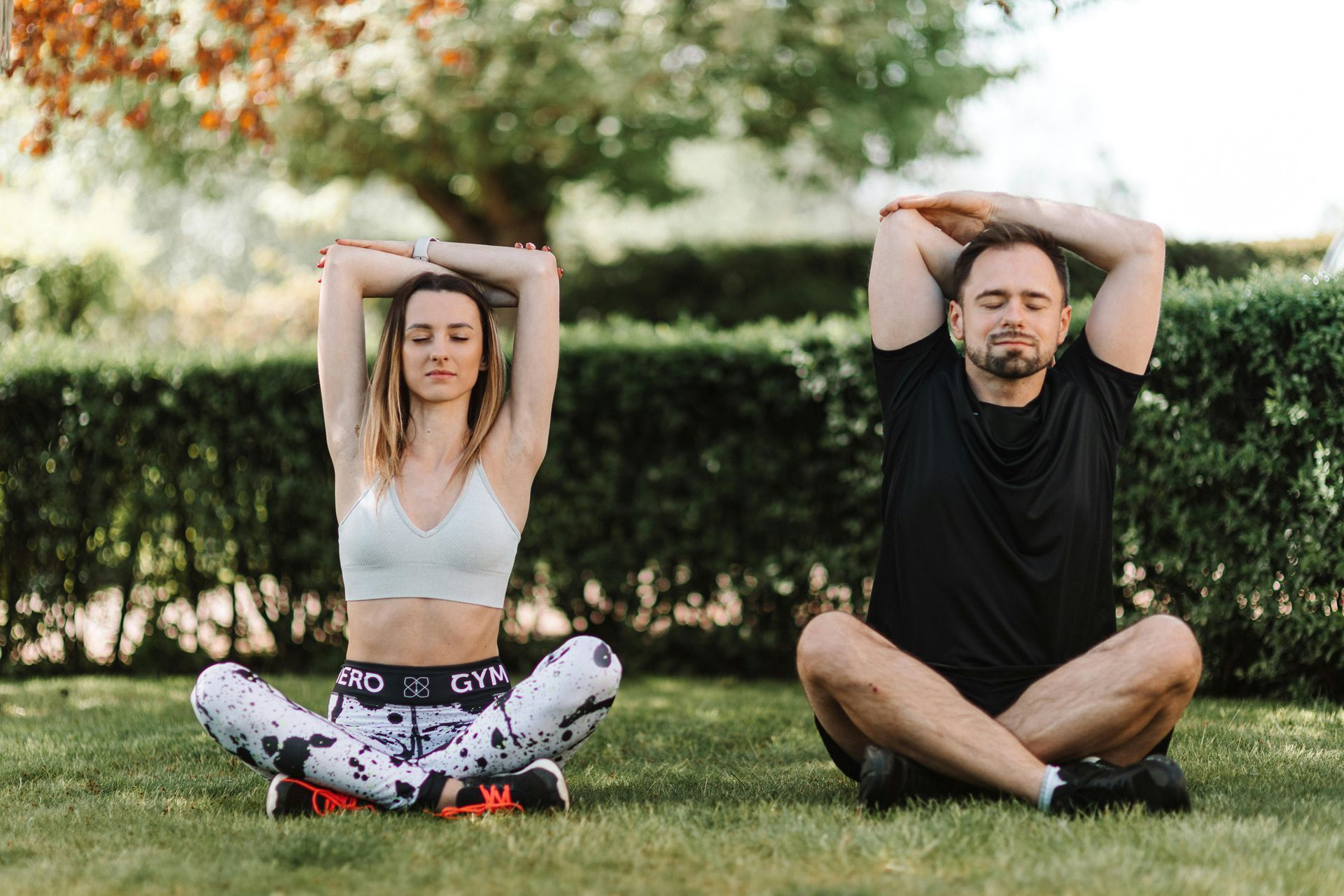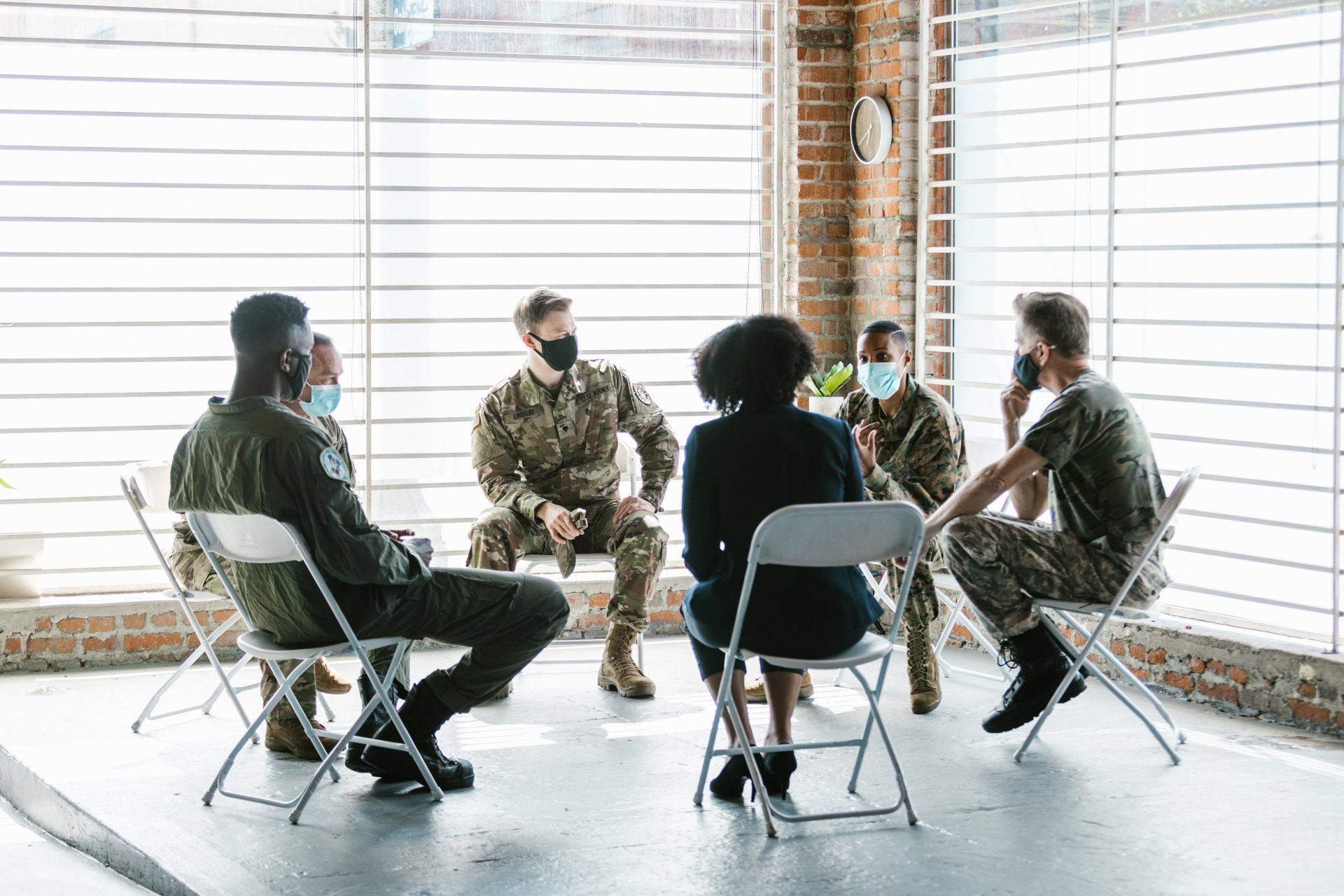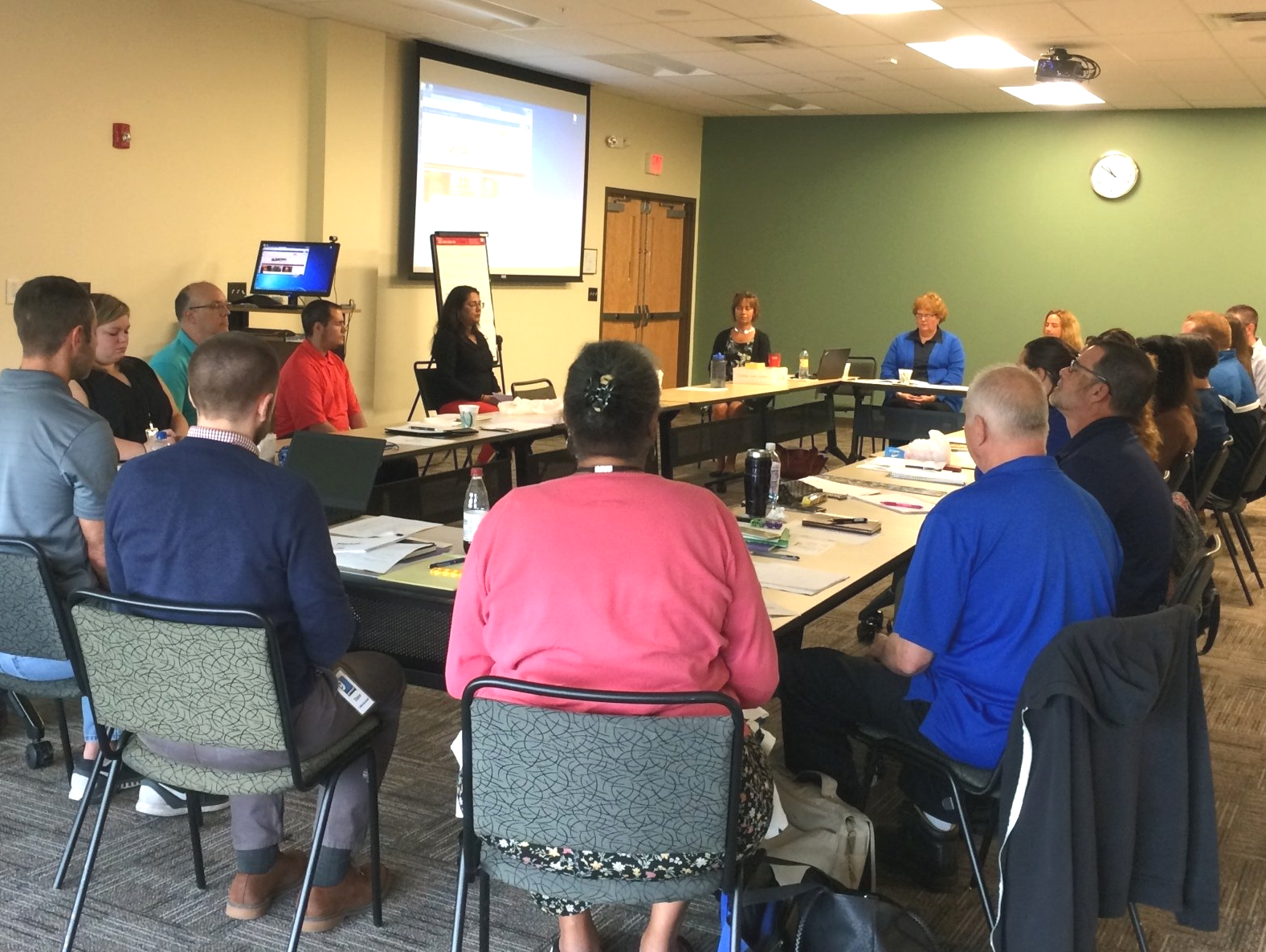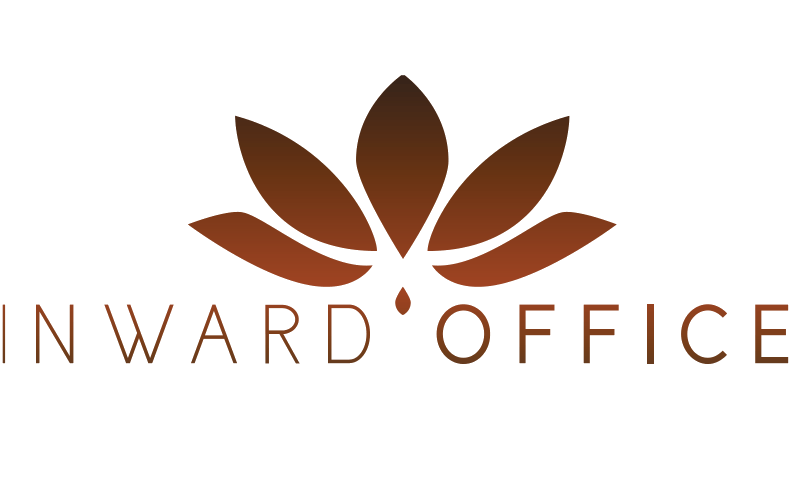Our stress workshops teach employees how to (1) Notice how they react to stress on a body level (2) Choose the response to their stressor (3) Shift attention to decision making instead of reacting to the stress. This gets us out of the reactive, survival part of the brain into the prefrontal cortex that can make more conscious decisions, rationally.
Mindfulness for Stress Management
A flexible , customizable program for your group
Drawing from ancient mindfulness practices and modern scientific research, this class offers a unique blend of time-tested techniques and contemporary strategies tailored to meet the challenges of today's workplace. Mindfulness is a way of paying attention on purpose in the present moment, non-judgmentally. This simple to capacity, that we all have, can help you manage distraction, recover quickly from emotional ups and downs and find compassion and connection with others. This class is highly customizable based on the needs of the group. For instance, in the case of major organizational changes we can focus on safety amidst change. For teams, we can focus on interpersonal mindfulness tools.
Introduction to Mindfulness-Based Stress Reduction
An introduction to the powerful protocol has been changing lives of patients at the Stress Reduction Clinic at UMass and now around the world since the late 1970s. How can we manage stress by using our own bodies? Learn the correlation between wellbeing, mindfulness, and attention. This workshop will introduce tools like mindful movement and meditation to those who are brand new. It is also the introductory workshop for a 12 week series of MBSR workshops for organizations that want a research-based protocol to create lasting stress resilience among small teams.
15 Minute Stress Skills Break
During a regular staff meeting, an Inward Office virtual instructor leads a 15- minute stress relief break. The topic of the 15-minute sessions would be discussed on a brief call with the team leader. Techniques could include: meditation, mindfulness, yoga-based stretching and isometric strengthening exercises, tennis ball muscle release, daily reflections and discussion on incorporating these techniques into a workday. The short workshops aim to improve awareness of employees’ stress set points, self-awareness, meta-cognition, mind/body connection, and awareness of the body. This workshop can be the beginning of talking about stress at work in a productive way, with skills training and recognition of the prevalence of stress at work. This series is scheduled for a minimum of 4 consecutive weeks.
Mindfulness & Resilience
Stress is a feedback loop. That means we can have a stressful experience and continue to re-experience the stress throughout the day and the week unless we learn how to recover. It’s our relationship to the stressful events & the stress itself that matter. We need to return to baseline at regular intervals. But how? We teach a physiological approach using the body and the breath that you can use during your workday.
Breathwork for Stress Relief
The often-forgotten breath is a major indicator of how stressed out we are moment-to-moment. By regulating the breath, we gain control over autonomic nervous system functions, like the hormone release that happens when we are distressed. Train the breath to return to baseline that can be used in daily life. The instructor will also teach observation techniques so that you can manage your stress levels physiologically whether you are at the grocery store, in traffic, or presenting in front of a group.
Soundbath
Come for an immersive sound bath experience. In this class, learn to turn off the stress response and let the “relaxation response” dominate. Sound has the power to heal and transform emotions, physical sensations, and even the body. With sound waves we can bring our brain wave pattern into a more coherent state facilitating the body’s natural ability to heal. This is a real “give back” to employees who have been dealing with high levels of stress.
Yoga for Stress Relief
Learn how yoga can be a stress relieving practice through present moment focus, breathing, and physical movements through the full range. In turn, this can improve the body’s natural ability to heal. Using yoga’s ancient wisdom we will switch on the relaxation response and turn down the fight, flight, or freeze response. When yoga is practiced regularly, practitioners may feel an enhanced sense of resiliency to take on life’s challenges. And when one feels better, the effect spreads.
Stress Less: You need a recharge too
Weaving together interoceptive practices like yoga, relaxation, breathing exercises, meditation, and mindfulness, we will teach you how to come into contact with the calm version of you. We will switch “on” the relaxation response and turn down the fight/flight/freeze response. When self-awareness practices are done regularly, practitioners may feel an enhanced sense of resiliency to take on life’s challenges. And we don’t know how to stress less, unless we have a reference of what that feels like! And when one feels better, the effect spreads to the whole workforce.
